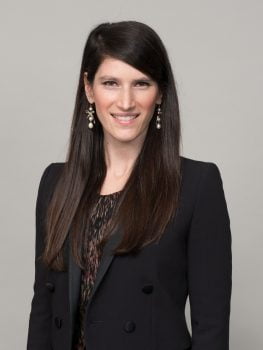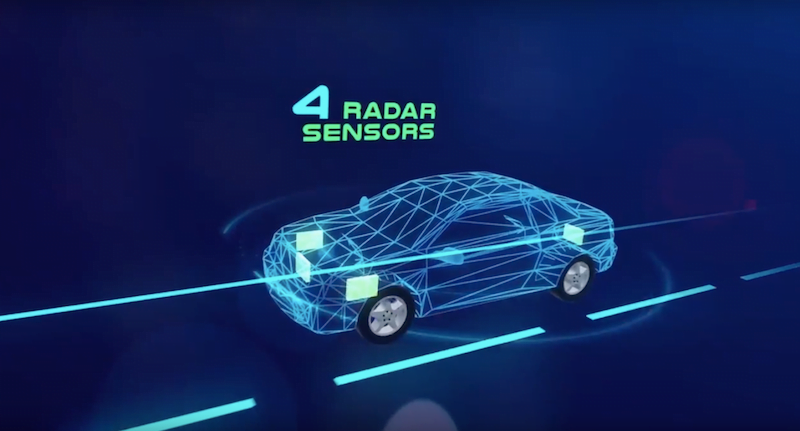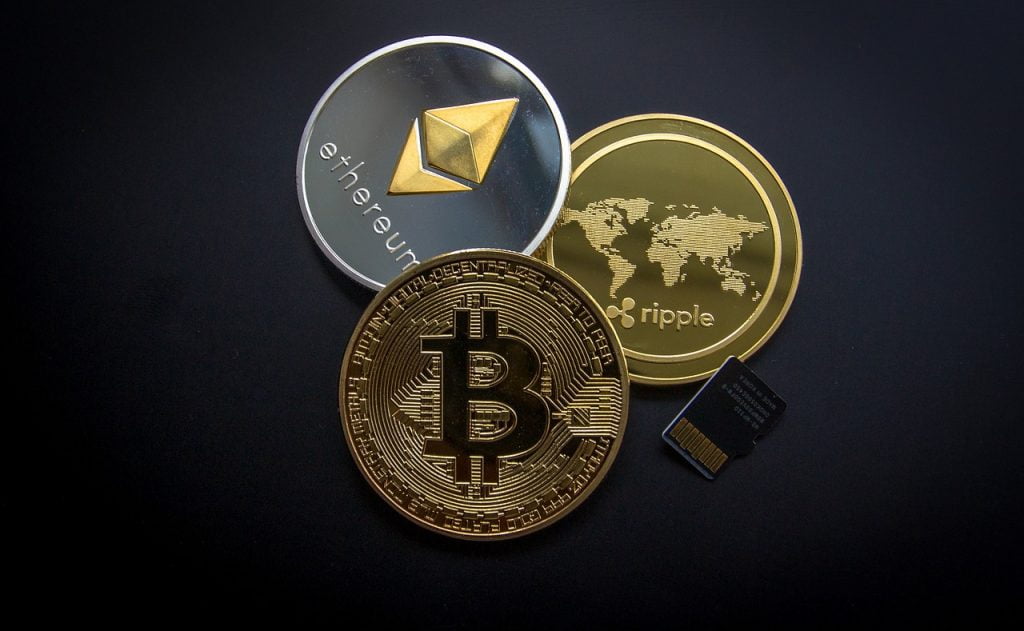This article is a guest post on NoCamels and has been contributed by a third party. NoCamels assumes no responsibility for the content, including facts, visuals, and opinions presented by the author(s).
Mor Assia is a founding partner at iAngels, an Israeli VC and angel investment firm, and iCapital, an investment platform dedicated to blockchain opportunities.
Artificial intelligence (AI) and blockchain are possibly the two most influential technologies currently fueling innovation at this very moment and are expected to create radical shifts in almost every industry. Israeli startups are at the forefront of both of these sectors, receiving notable attention and investments from global players which are further propelling Israeli development in these industries.
AI becoming de facto for scalable companies
Several years ago, AI was just a buzzword, but today technology companies must, as a priority for growth, embed machine learning algorithms into their core systems to stay ahead, advance operations and increase performance. AI’s three most notable capabilities include; insight extraction from big data, real-time response mechanisms to mitigate and capitalize on events and the opening up of a Pandora’s box of product and service innovation.
By the end of this decade, AI will become commonplace in our everyday lives, and its potential, especially when it comes to predictive modeling, is already being used in many sectors such as fintech for financial risk modeling and fraud analysis, real estate to draw insights from the abundance of geographic and economic data, and cyber security for anomaly detection.
In Israel, the average investment per deal in AI grew five times in value, from $2 million in 2016 to $10.2 million in 2017. Subsequently, the growth in this sector is reflected in the overall investment numbers for AI in Israel, with the market growing from $55 million in 2016 to $472 million in 2017, according to the Geektime Annual Report 2017: Startups and venture capital in Israel, published in January.
Mobility is a sector driven by AI innovation
AI is especially prevalent in the mobility sector, and this is starting to open up a world of opportunities. Israel is home to hundreds of startups in the field of car technology, from those developing sensors and car safety solutions to smart city mobility applications. These companies are propelling Israel to the forefront of the rapidly growing field of driverless car technology. AI enables vehicles to process what is going on around them in real time, allowing for a much higher standard of safety and greater possibilities for efficient transportation systems.
The immense potential in this field is reflected in the rapid growth of automotive companies. In Israel, total investment in transportation and autonomous vehicles grew by 64 percent from $321 million in 2016 to $528 million in 2017. Israeli autonomous vehicle companies raised $182 million in the first quarter of 2018, in line with last year’s pace, according to the Geektime report.
Israel has become a hub for automotive innovation, thanks to many Israeli founders having very specialized skills and experience in the niche space that sits between hardware and software. The presence of both multinational hardware and software companies in Israel began several years ago when global corporations such as Motorola, Intel, IBM, HP and many others opened R&D and production facilities in Israel, allowing a unique skill set to develop locally.
Furthermore, experience gained during the military service gives strong exposure to the technology that enables Israel’s military to fly drones remotely, guide and intercept missiles, and secure computer systems that are now being deployed in the development of driverless cars.
A thriving autonomous sector
Arbe Robotics, an Israeli company founded in 2015, is a global leader in the autonomous vehicle space and is one of the most talked-about radar companies in the world.
Mobileye, the Jerusalem-based company that develops vision-based driver assistance systems for collision prevention and mitigation, was acquired by Intel in 2017 for $15.3B, making it the most outstanding exit of any Israeli company to date. This was a kickstart to additional acquisitions in the space of Israeli companies including Otto, Argus Cyber Security, and Exo.
Today, Israel garners a lot of attention from OEMs, including; GM, Ford and VW, automotive tier ones, such as Bosch, Delphi and Harman, and software giants looking to make significant acquisitions in the automotive space in the hope of achieving level 3 and level 4 automation.
Sign up for our free weekly newsletter
SubscribeBlockchain is superseding interest in fintech
According to 2017 Markets and Markets report, the global blockchain market size is expected to grow from $411.5 million in 2017 to $7.68 billion by 2022. Israel’s unique experience with fintech, cybersecurity and cryptography and the close cooperation between science, innovation and finance sectors in the country, has made it a hotspot for blockchain innovation.
As a result, there are numerous Israeli entrepreneurs and startups that are developing diverse blockchain projects. In fact, blockchain has become so prominent in Israel, that it has edged out fintech startups and investments.
While there was a decrease in funding of Israeli fintech startups, from $578 million in 2016 to $458 million in 2017 according to the report, it is likely this funding has migrated from fintech to blockchain.
If you look at blockchain investments or if you consider the overall ICO (Initial Coin Offering) dynamic, in 2017 alone, over $5 billion was invested in 900 ICOs. Of this, Israel’s contribution was approximately $500 million in 17 ICOs, making the average Israeli ICO six times larger than its global counterpart.
Leadcoin, a company which enables businesses to sell their unused leads and buy leads from other businesses, held the biggest ICO of Q1 in 2018, raising $50 million in less than 30 minutes.
Other notable Israeli projects in the finance space include the Saga Foundation, a new asset-based cryptocurrency with advisory council members including a Nobel Laureate and representatives from the world’s largest banks, and Firmo, a project helping to enable the execution of verified financial instruments seamlessly between blockchains. Both have received considerable international attention.
Blockchain has the potential to permeate most sectors
While fintech has definitely seen the most significant application of blockchain so far, there are many other sectors that stand to benefit from the technology. Some of its most exciting applications include increasing transparency and traceability in food and agriculture by creating incorruptible ledgers that trace food pathways.
In healthcare, enabling patients to have full control over their medical records, allowing them to share and have the freedom to monetize data for purposes of medical research.
In the automotive sector, blockchain is instrumental in autonomous vehicle ownership via tokens with the vehicle as a platform, plugged into smart contracts for insurance and leasing purposes.
Currently, blockchain is building a parallel world of opportunity, which will at some stage permeate most of the world’s industry sectors once more mainstream adoption has been achieved.
As the technology has the capacity to be as big as the invention of electricity or the internet, Israel too has the potential to increase its impact on global innovation by staying at the forefront of development.
Israeli companies in the AI, mobility, and blockchain space are currently a magnet for overseas investors from Asia, the US and Europe where angels, VCs, and institutional investors are all searching for groundbreaking innovation. This interest is very likely to grow as the opportunities in tech further develop.
Related posts

Editors’ & Readers’ Choice: 10 Favorite NoCamels Articles

Forward Facing: What Does The Future Hold For Israeli High-Tech?

Impact Innovation: Israeli Startups That Could Shape Our Future







Facebook comments